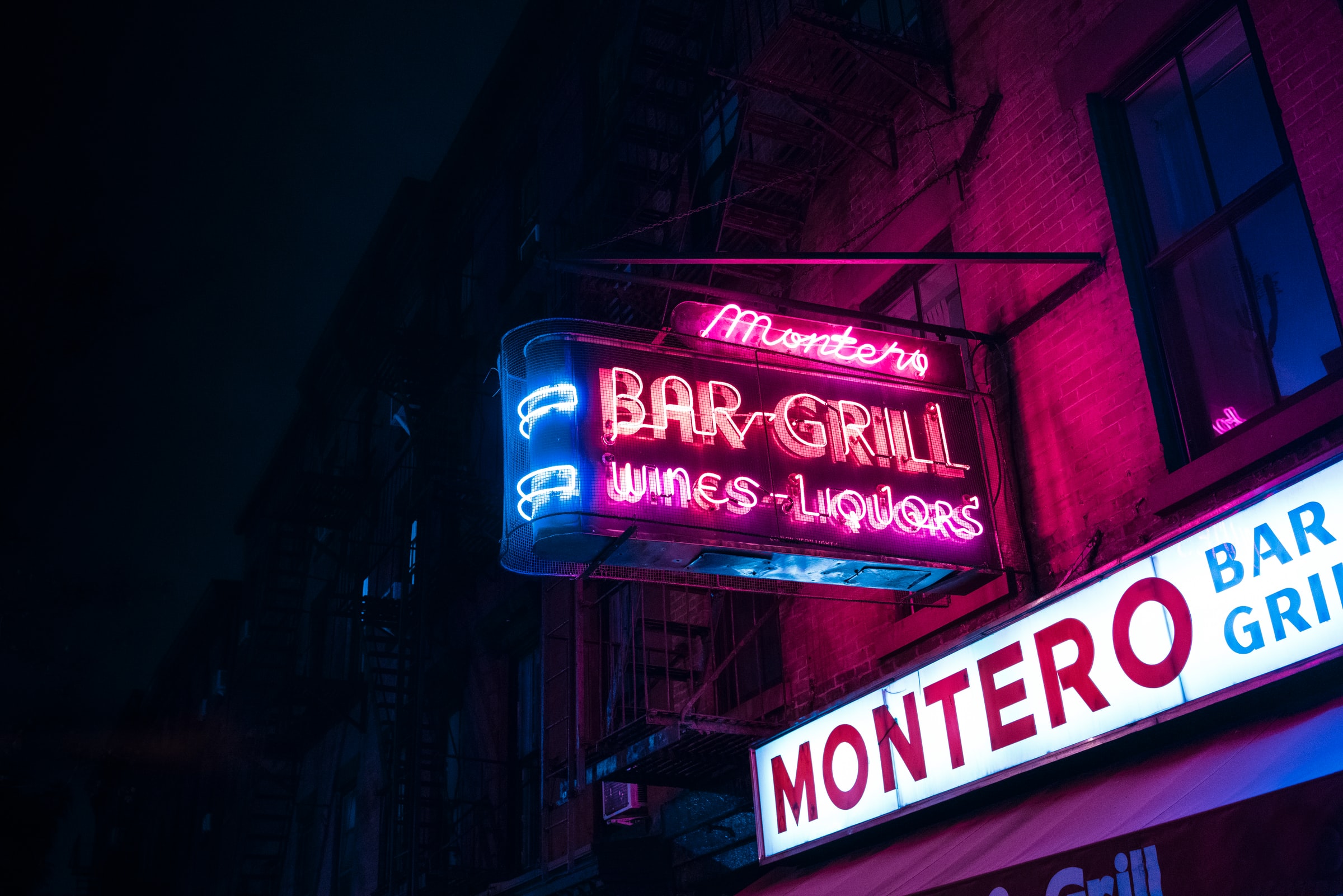I knew about it before IÔÇÖd even been able to type it into YouTube and watch it: Lil Nas XÔÇÖs MONTERO (Call Me By Your Name) took the internet by storm last week with the official release. Everyone who loved it raved about it, and everyone who hated it rallied against it. At the time of writing this article, the music video has 94 million views and depicts Lil Nas X descending into hell via pole dance, twerking on the devil, before killing him and crowning himself the new king of the underworld.
It is topping charts around the world and I donÔÇÖt think we can expect it to slow down anytime soon – and why should we? The production is excellent, the tune is catchy, and the lyrics hold mass appeal as they tip from a youthful disregard for modesty into outright debauchery. Fun! Or, as American conservatives and pastors have described it, ÔÇÿdepravedÔÇÖ, ÔÇÿevilÔÇÖ and ÔÇÿwicked nonsenseÔÇÖ.
The backlash has been impossible to ignore, but only because Lil Nas X has made it so. He has mocked his haters on TikTok, Twitter and across the internet, much to his own amusement (and, I think it is fair to say, most of the younger generation). There is something undeniably admirable (with, I expect, the full backing of an excellent marketing team) in amplifying your criticsÔÇÖ voices as a way to promote your music into the charts.
The song seems to be just a small part of an entire campaign of resistance towards American conservatism; American art collective MSCHF (pronounced mischief) released a line of ÔÇÿSatan shoesÔÇÖ to accompany the release of MONTERO (Call Me By Your Name). The shoes are customised Nike Air Force 97s and contain a drop of human blood in each one, of which 666 were available to buy. MSCHF have responded to a lawsuit from Nike by claiming that the shoes are works of art, available for people to ÔÇÿobserve, speculate on, purchase and ownÔÇÖ. MSCHF have previously released a ÔÇÿJesus shoeÔÇÖ, containing drops of holy water and also modelled on Nike Air Force 97s, which did not result in a lawsuit.
The video is not fact or fiction; it is a form of creative expression by an artist who has taken the narrative he has been told, that homosexuality is a sin for which he is going to hell, and ran with it. There is something commendable here. It takes strength, perspective, and perhaps most importantly, a sense of humour, to transform the thing which has caused you pain into art, and put it out into the world for everyone to see.
His critics have shone a spotlight onto MONTERO (Call Me By Your Name) which is absolutely deserved. I doubt Lil Nas X would be naked and bejewelled in the garden of Eden, then handcuffed and dressed in pink fur, before claiming his throne in black leather thigh-high boots and hot pants if he didnÔÇÖt want to evoke a reaction. His interactions with his critics suggest a new wave of resistance to the conservative parties in America, as artists rejoice at their work being contested, rather than shying away from it. ÔÇÿI hope my haters are sad,ÔÇÖ Lil Nas X tweeted, ÔÇÿI hope they are crying.ÔÇÖ And, in reference to the upcoming Grammy Awards for which he is tipped to be a winner, ÔÇÿI want your tears to fill my grammy cupÔÇÖ.
I wonder if this an example of how social media gives us a platform to demonstrate our agency. In the past, the media seemed to be the main method of communication between artists, their critics and their audiences. Interviews, reports, and paparazzi worked as a middle man for when artists had something to say to the world. Now, we can open our phones, jump on twitter and say whatever we want to whoever will listen. Artists are free to defend themselves, or, in this case, antagonise their critics.
Lil Nas X is not the first artist to thrive on controversy, and I donÔÇÖt think he will be the last. America is built on a divisive political sphere, and therefore it would be ignorant to believe that its cultural scene wouldnÔÇÖt reflect this. We can understand why biblical imagery can be a delicate subject, but artists have been referencing religion in their music for decades. Think of Madonna, Lady Gaga and Kanye, all of whom have music referencing a religious narrative, and have all experienced a degree of backlash for it. Open displays of sexuality have also been commonplace in the music industry. Religion and sex are parts of our society, and musical and artistic expression reflect this. So what is it specifically that is so deeply offensive about Lil Nas X doing the same?
I think we can acknowledge that it is possibly Lil Nas XÔÇÖs open homosexuality that is the main source of offence for the American conservatives. To see a young, Black gay man who is using his talent and platform to promote acceptance of the LGBT+ community is what the true outrage is about, and his refusal to apologise for it. ÔÇÿEven as a little child,ÔÇÖ he tells TIME, ÔÇÿI was really scared of every single mistake I may or may not have made. I want kids growing up feeling these feelings, knowing theyÔÇÖre a part of the LGBTQ community, to feel like theyÔÇÖre O.K. and they donÔÇÖt have to hate themselves.ÔÇÖ
If we look deeper, we can see that the foundation of the hate from American conservatives is fear. They seem to be afraid of Lil Nas XÔÇÖs influence upon the younger generation, and what this open questioning of a religious institution that teaches that homosexuality is a sin will do for future generations of Americans. If children are going to grow up no longer being afraid to celebrate their sexuality, then what power does American conservatism really hold, and where does this leave American politics?

